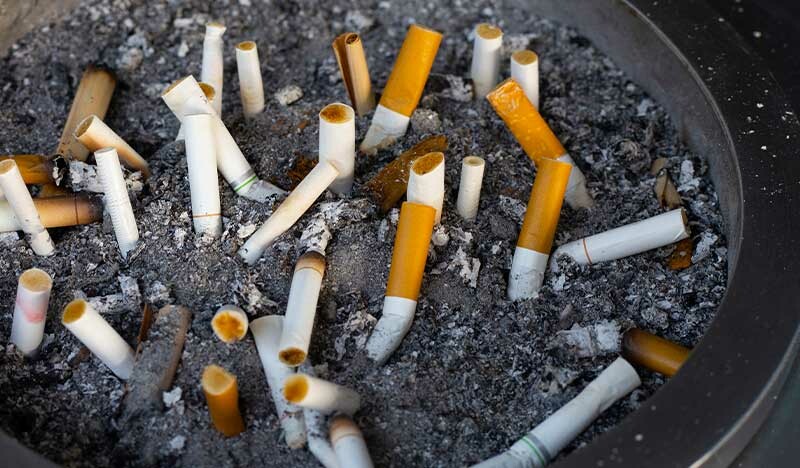Cancer Society Urges Ban on Vape and Nicotine Sales to Youth

The Cancer Society has issued a call for the prohibition of vape and nicotine sales to minors in conjunction with the observance of World No-Tobacco Day, marked yesterday.
In a statement, the Cancer Society highlighted concerning statistics indicating that 36% of Maldivian students who smoke obtain cigarettes from various sources, including stores, street vendors, and shops, without any preventive measures in place.
Moreover, data shows that 45.7% of Maldivian students, comprising 48% of boys and 43% of girls, engage in smoking-related activities.
https://x.com/CancerSocietyMV/status/1796770529489354948
Youth smoking remains a prevalent issue, with global figures revealing that more than 38 million individuals aged 13-15 consume tobacco products. The World Health Organization (WHO) underscores this concern, citing statistics that illustrate widespread tobacco use among children and adolescents worldwide.
https://x.com/WHOMaldives/status/1796466655981424813
The rising popularity of hookah (shisha) and vaping further exacerbates the issue, with substantial sums being expended on the importation of these products. Consequently, the financial burden on the Aasandha universal health insurance scheme due to smoking-related illnesses has escalated.
The Health Protection Agency (HPA) warns that the increasing prevalence of smoking-related conditions among the youth demographic could detrimentally impact the nation’s productivity, development, and economy.
https://x.com/HPA_MV/status/1796497192234168336
Addressing this year’s World No-Tobacco Day theme, “Protecting Children from Tobacco Industry Interference,” the HPA highlights the proliferation of electronic cigarettes and nicotine pouches among young people, facilitated by social media and streaming platform advertisements.
Acknowledging the upward trend in the Maldives, the HPA emphasises the imperative of safeguarding children from the dangers of smoking.
Second-hand smoke poses additional risks to non-smokers, compromising their physical and mental well-being. Cigarette smoke, notorious for its association with lung cancer, also heightens the likelihood of various non-communicable diseases, including stroke, heart disease, lung and throat ailments, and diabetes.
Moreover, smoking heightens susceptibility to tuberculosis (TB) and diminishes fertility, potentially resulting in complications such as miscarriages, premature labour, stillbirths, and birth defects in offspring born to smokers.










